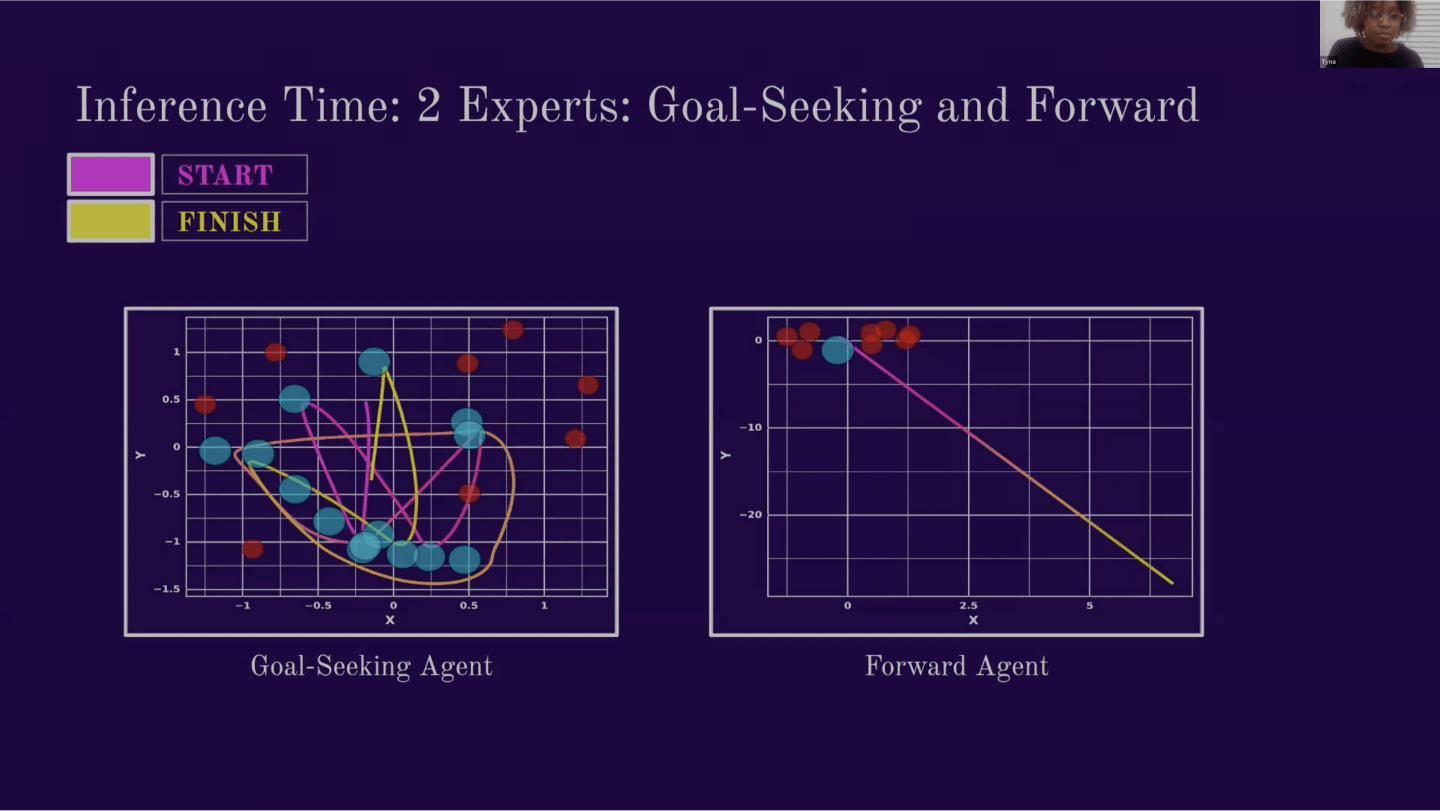We’re proud to announce that the 2021 class of OpenAI Scholars has completed our six-month mentorship program and have produced an open-source research project with stipends and support from OpenAI.
Working alongside leading OpenAI researchers that created GPT-3 and DALL·E, our Scholars explored topics like AI safety, contrastive learning, generative modeling, scaling laws, auto-encoding multi-objective tasks, test time compute, NLP segmentation strategies, and summarization from human feedback.
To wrap up the program, our nine Scholars share their work and how the Scholars Program has impacted their careers. Read more about each of them and their projects below.

Christina Kim
Mentor: Jerry Tworek
Social links for Christina Kim
Scaling Laws for Language Transfer Learning

Danielle Ensign
Mentor: Jeff Wu
Social links for Danielle Ensign
Feedback Loops in Opinion Modeling
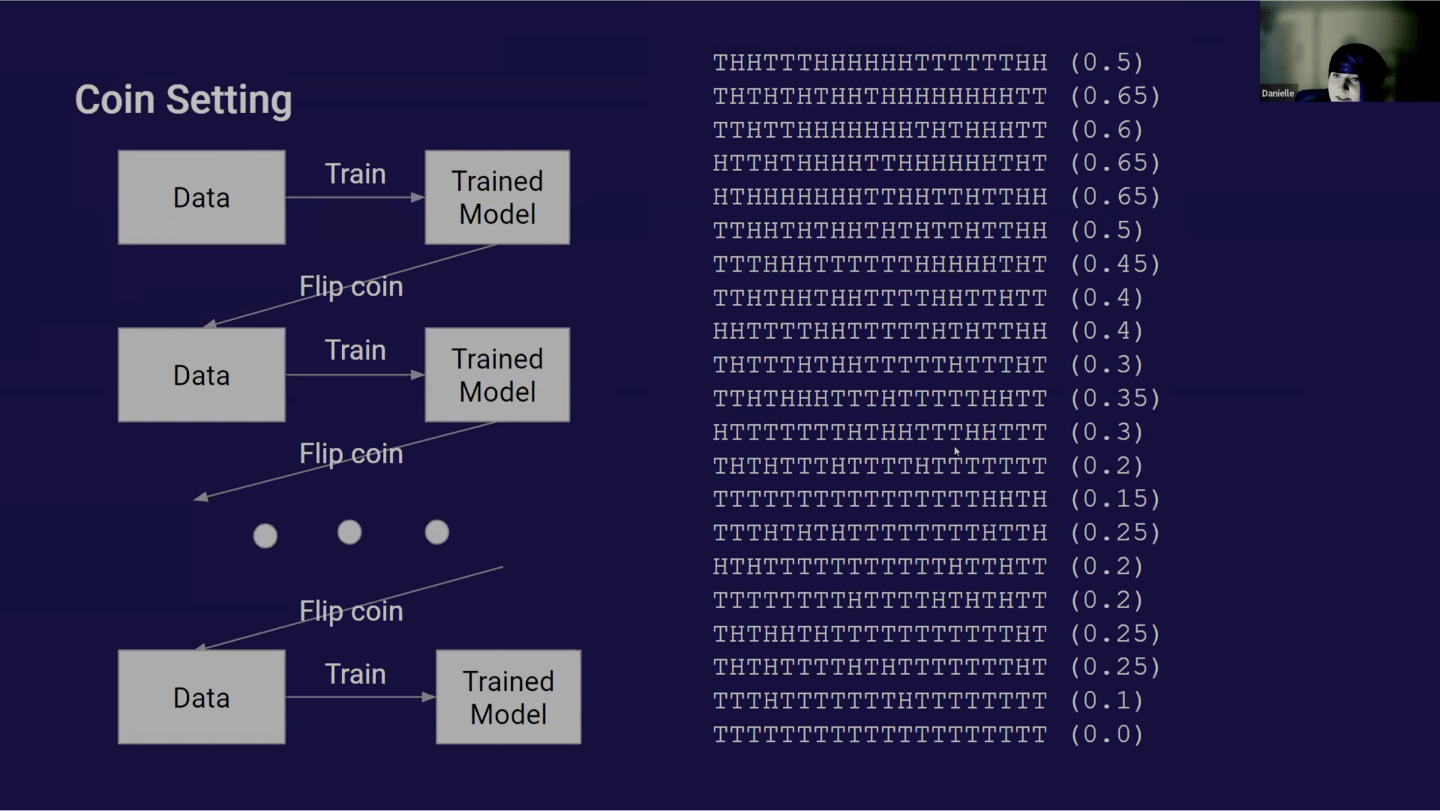
Ellie Kitanidis
Mentor: Pranav Shayam
Social links for Ellie Kitanidis
Contrastive Language Encoding
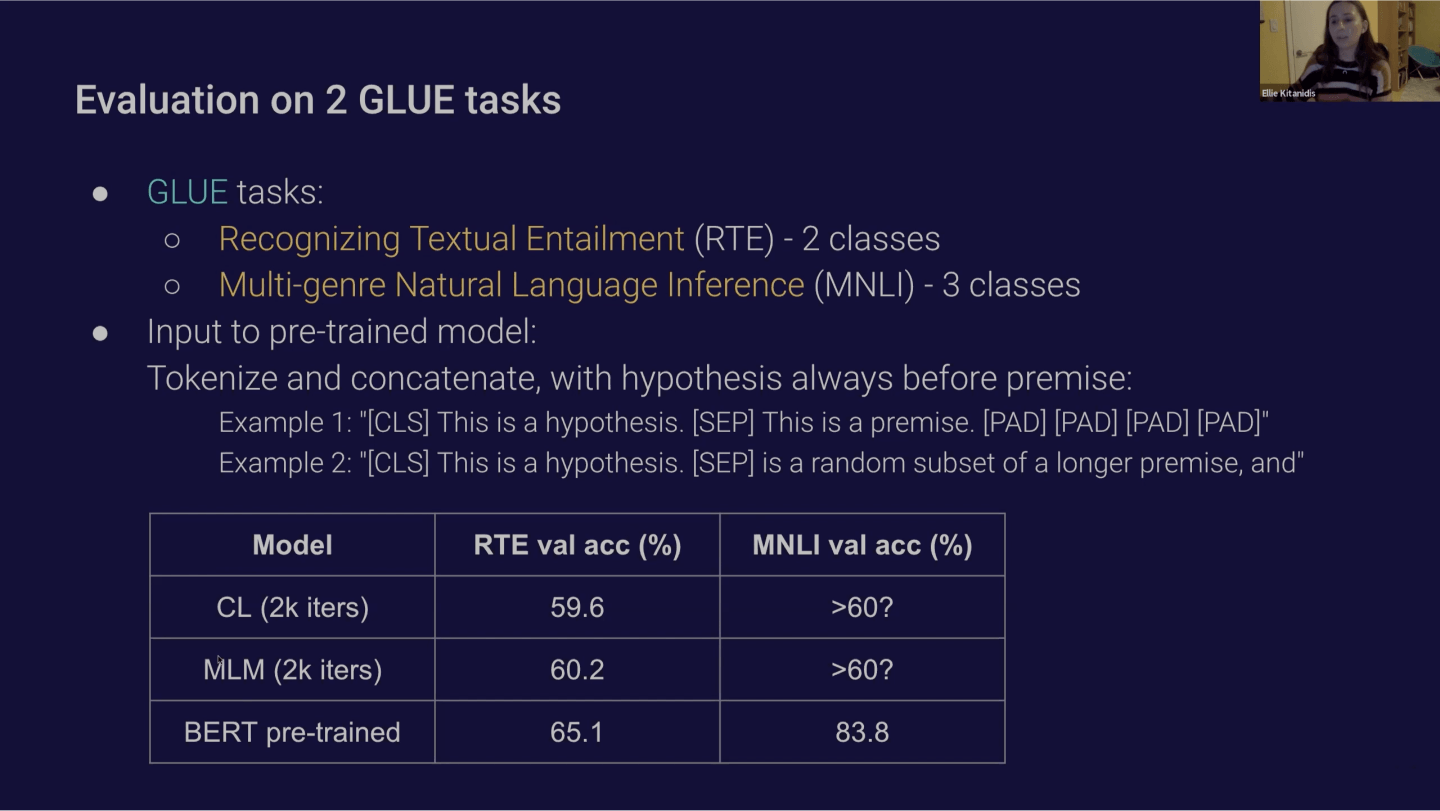
Jonathan Ward
Mentor: John Schulman
Social links for Jonathan Ward
Large Scale Reward Modeling
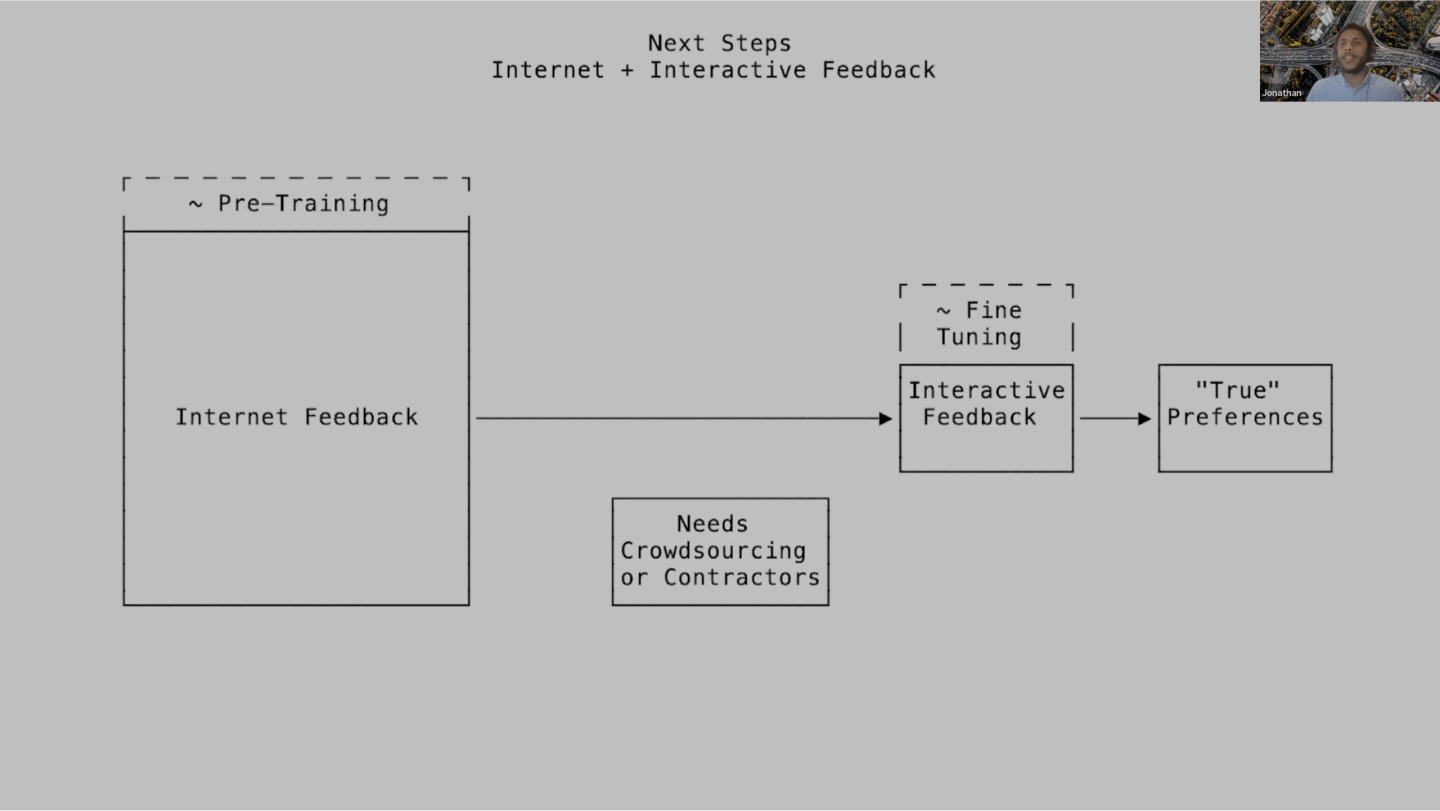
Kudzo Ahegbebu
Mentor: William Guss
Social links for Kudzo Ahegbebu
Characterizing Test Time Compute on Graph Structured Problems
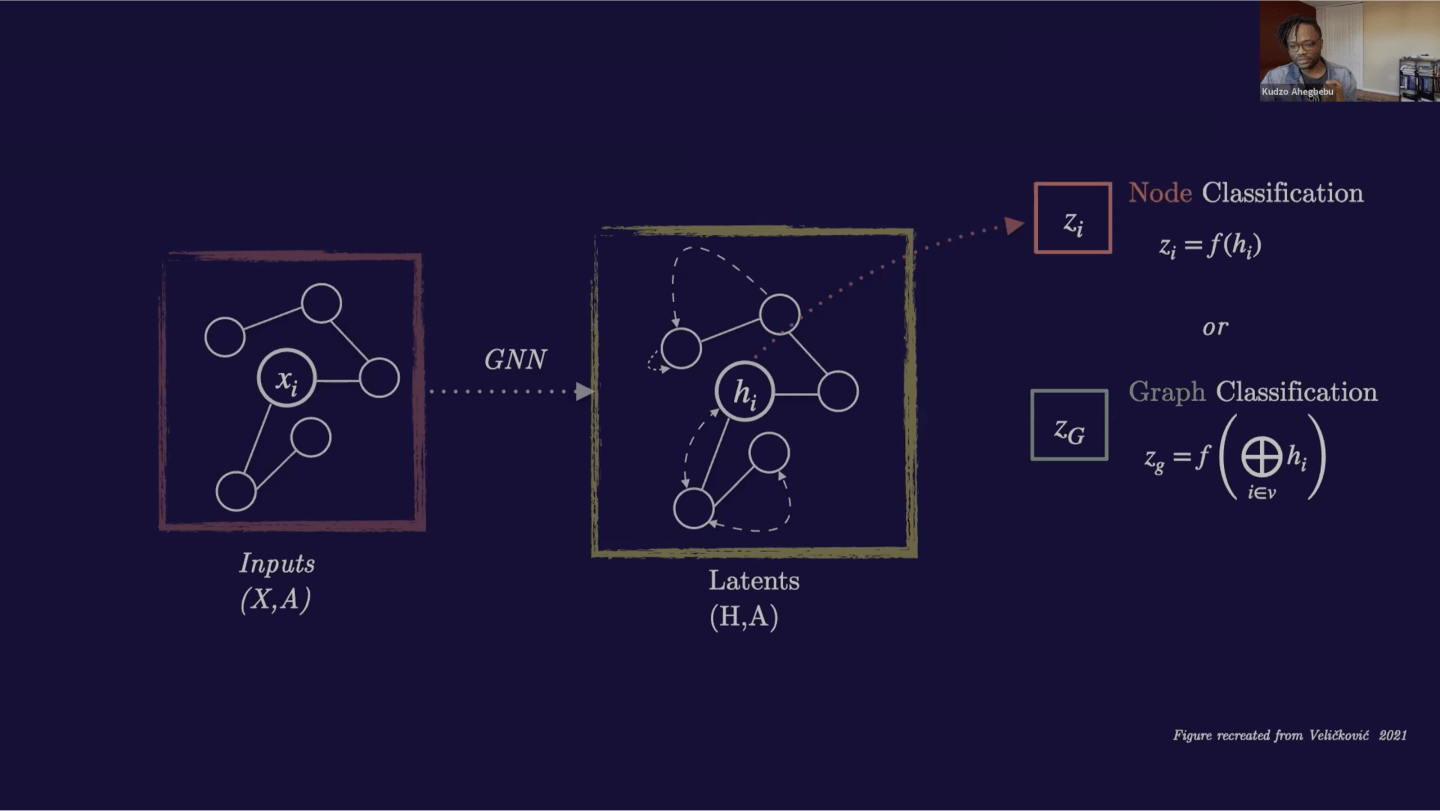
Legg Yeung
Mentor: Gabriel Goh
Social links for Legg Yeung
Breaking Contrastive Models with the SET Card Game
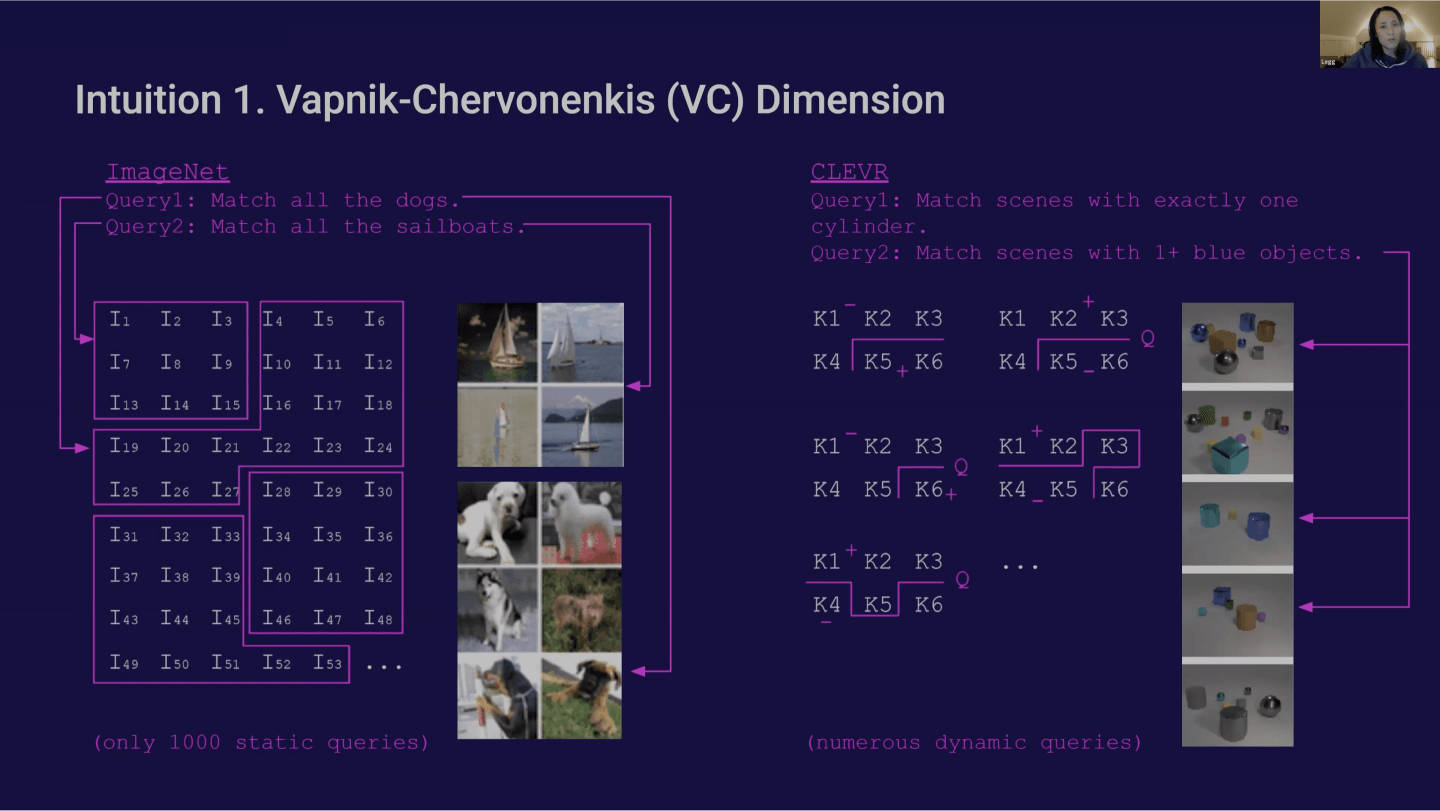
Sam Gbafa
Mentor: Arvind Neelakantan
Social links for Sam Gbafa
Words to Bytes: Exploring Language Tokenizations

Shola Oyedele
Mentor: Alex Ray
Social links for Shola Oyedele
Studying Scaling Laws for Transformer Architecture Variants
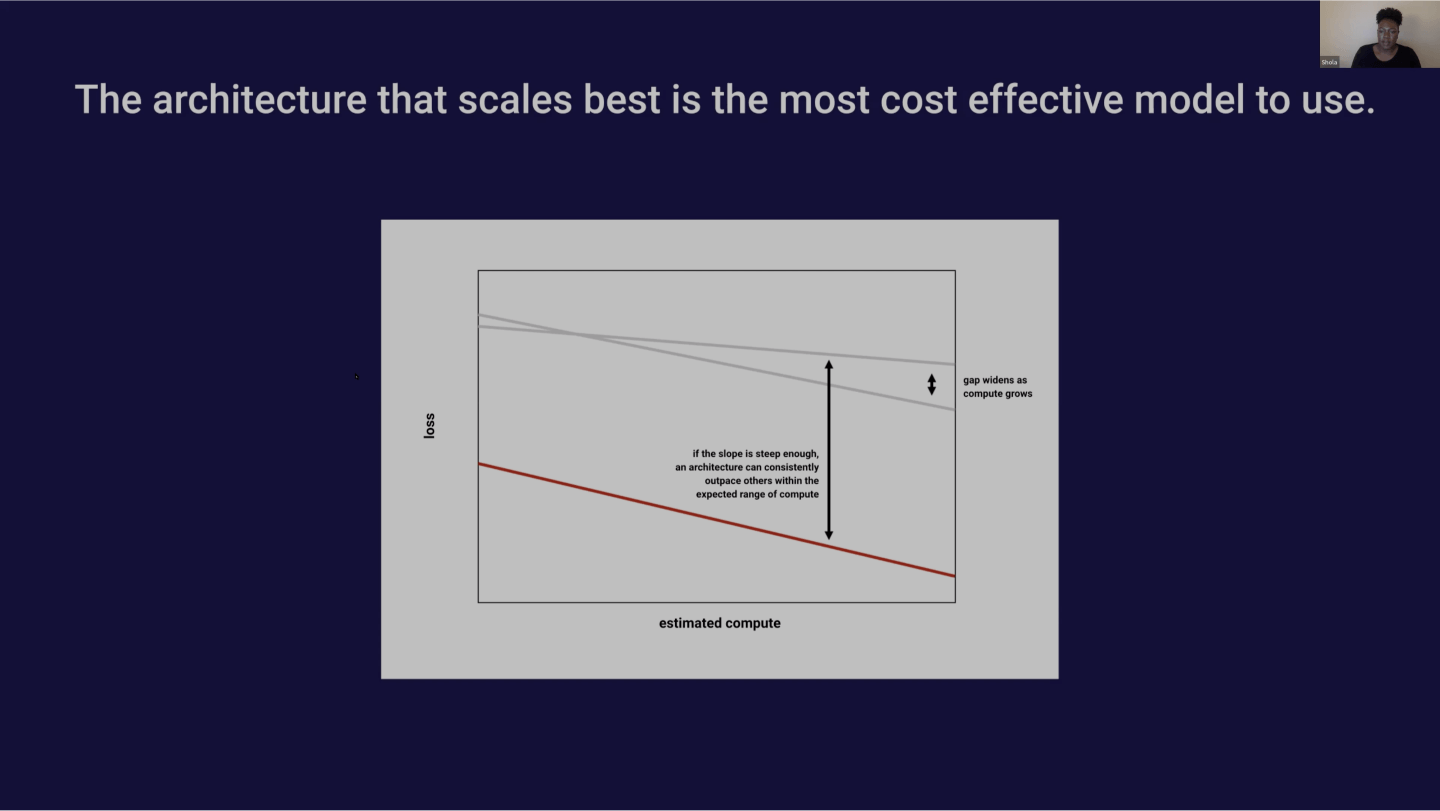
Florentine (Tyna) Eloundou
Mentor: Joshua Achiam
Social links for Florentine (Tyna) Eloundou
Learning Multiple Modes of Behavior in a Continuous Control Environment
